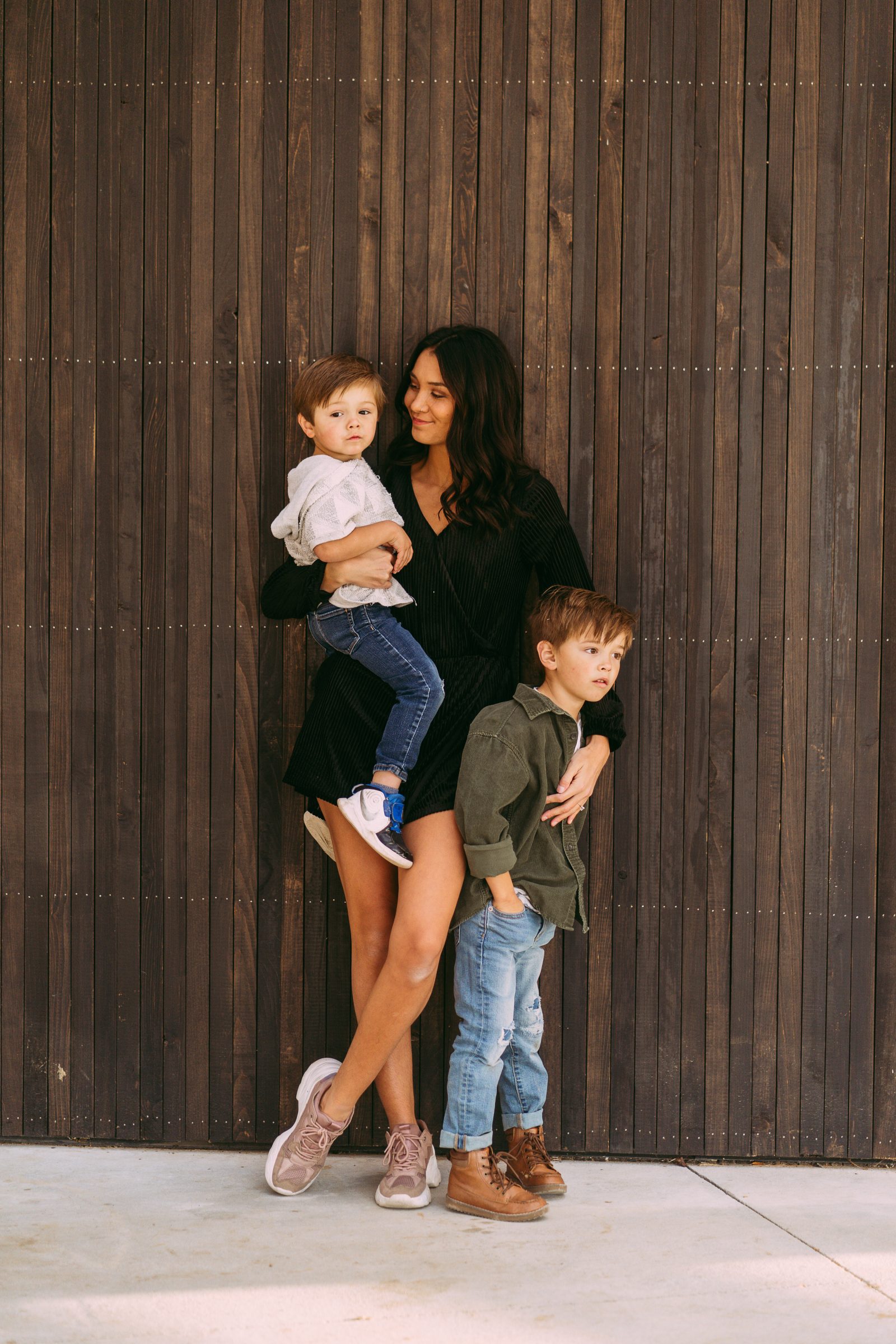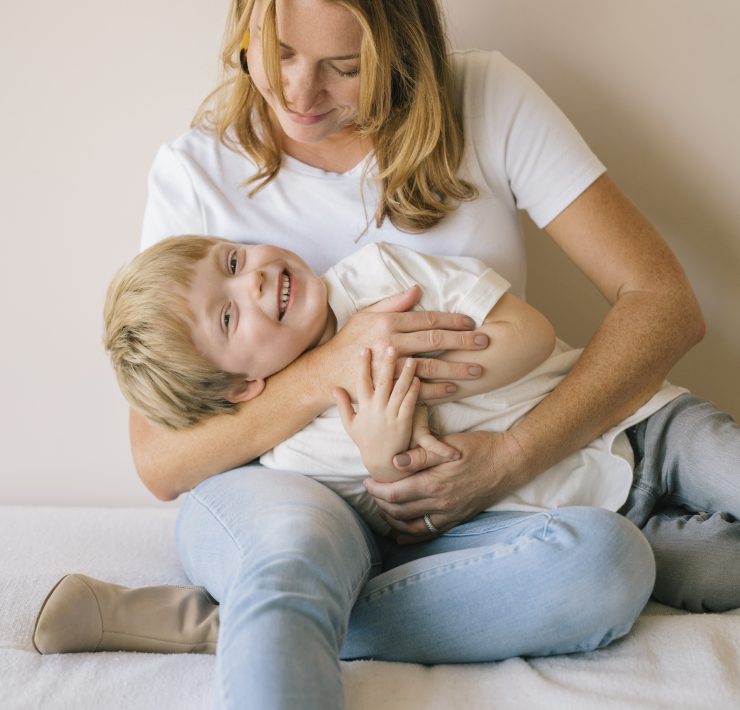
#washthehate
Last year, I wrote about the way my life was being affected by the escalation of anti-Asian racism in the midst of the Coronavirus pandemic. At the time, I thought I was witnessing a fleeting moment in history where the entire nation was trapped inside their homes and hidden behind their masks from a virus that my race was being blamed for, but a year later, racism against Asian Americans continues to rise. Sadly, last year’s words continue to be today’s thoughts.
“Fly home, chink!”
I glanced around the airport to see how others were responding. Some looked sympathetic, some looked apathetic, most had their headphones in and didn’t hear a thing. Only one person looked humiliated, and it was me.
I am Asian American. My father immigrated to the US from Vietnam when he was 15 years old, after telling his family he was going to the store for milk and instead, boarding a boat headed for America. My brother and I were the first members of his family who were not fully Vietnamese, and the first members of our mother’s family who were not fully white. Inside my home, our race was celebrated but outside, it was misunderstood. In elementary school, I was teased for bringing ramen in my lunch. The other kids said I ate worms and joked that they didn’t want to come to my house for dinner because they heard that Asians eat cats. Thirty years later, I find myself accused of eating bats.
Our new reality is this: We are the scapegoats for a global pandemic, and so are our children.
Growing up, I wanted to be white. I stayed out of the sun to keep my skin as light as possible and curled my hair so it wouldn’t look like typical straight Asian hair. I was covered in shame and embarrassed to be different, and the very thing that made me so was the first thing people saw when they looked at me. “Erin isn’t sleeping, she’s just Asian!” I hated my skin, my culture, my race. This self-loathing was a product of both the ignorance around me and my own belief in the stereotypes that were presented to me by my peers. When you are marginalized and unrepresented in society, you are left to form an understanding of your own racial identity based on the stereotypes that are portrayed in the media and reinforced by the people around you. People who don’t understand your culture. People who don’t understand you.
The rise of racism and hate crimes toward Asian Americans in response to coronavirus is devastating. Since the US outbreak, Asians have been kicked off of subways, stabbed in the streets, and screamed at on sidewalks (and in airports). A new site, Stop AAPI Hate, was launched to collect reports of these incidents and received more than 650 accounts in the first eight days. Our new reality is this: We are the scapegoats for a global pandemic, and so are our children. Truthfully, I expected the racism, but I never expected to face such apathy from the nation’s newsrooms.
Why are the headlines of these hate crimes not plastered across the front page of every newspaper? Why are my friends who subscribe to daily emails from our nation’s most prominent and respected news sources completely unaware that a six-year-old boy and his two-year-old brother were stabbed in a Sam’s Club simply for being Chinese until I tell them about it? Why does a person have to follow an Asian American on Twitter to be privy to these stories? How bad does it have to get before we earn a headline on the front page next to stories of airlines bailouts and DMV extensions?
Defeating the virus is only half the battle. The racism that accompanies it threatens to infect the next generation of children if we don’t find a way to stop it. During our weeks in quarantine, we need to spend our time fighting for the worth of ALL people. We must care for the safety and protection of others as much as we care about safety for ourselves. We must advocate for others, mourn with them, welcome them, fight beside them, and join together to embrace our differences as opportunities. If we aren’t using our privilege to protect and bless others abundantly, then we are simply wasting it.
This piece was originally published in April 2020.
Erin Jackson is the co-founder of Raise. She's a mother of two, wife, daughter, step-daughter, half sister, step-sister, proud millennial, and lover of travel. She also works as a marketing consultant and interior designer. When she's not working, you can find her planning her next trip, baking muffins, pretending she's going to go for a run, and avoiding playing Star Wars with her kids. She currently lives in Arkansas with her husband, Collin, and sons, Beckham and Reeves.


